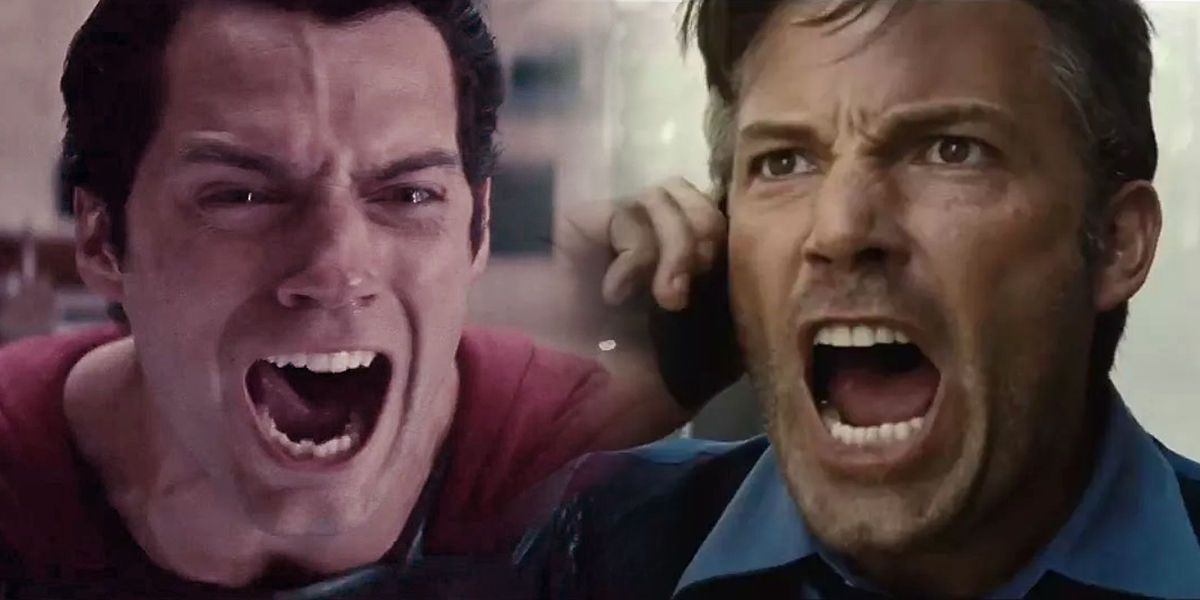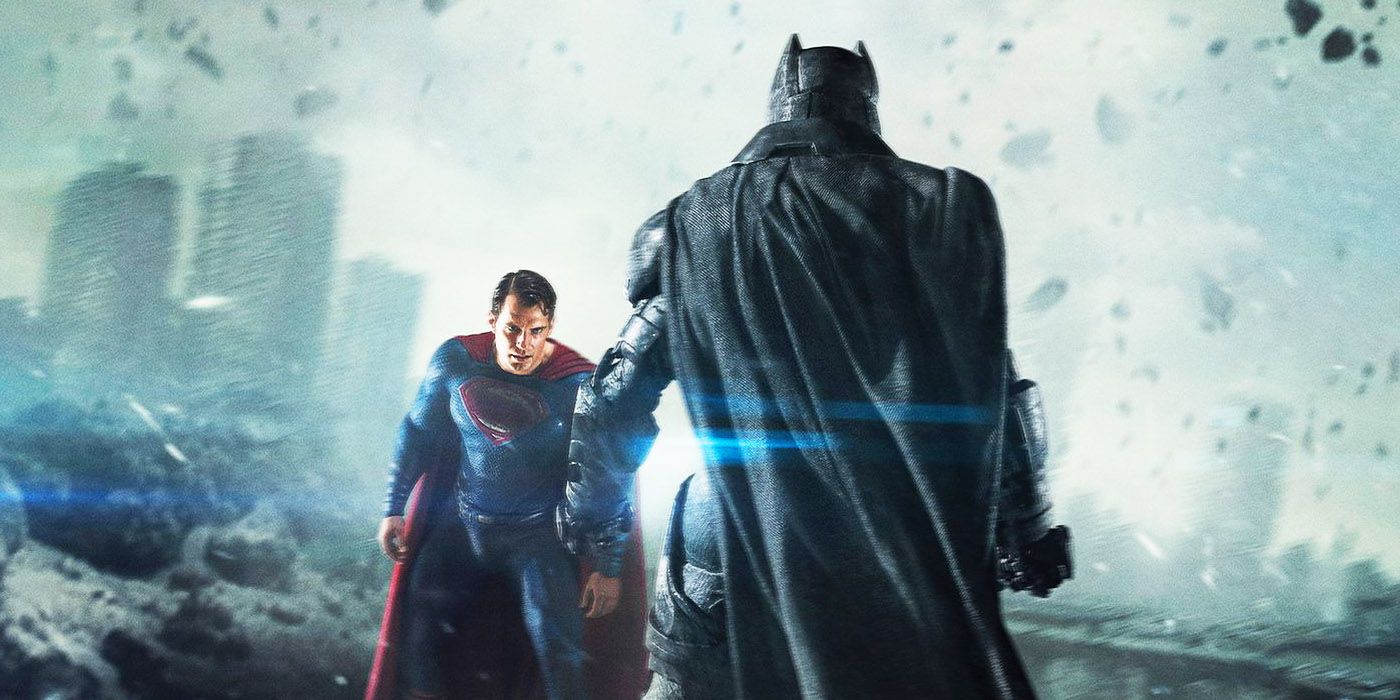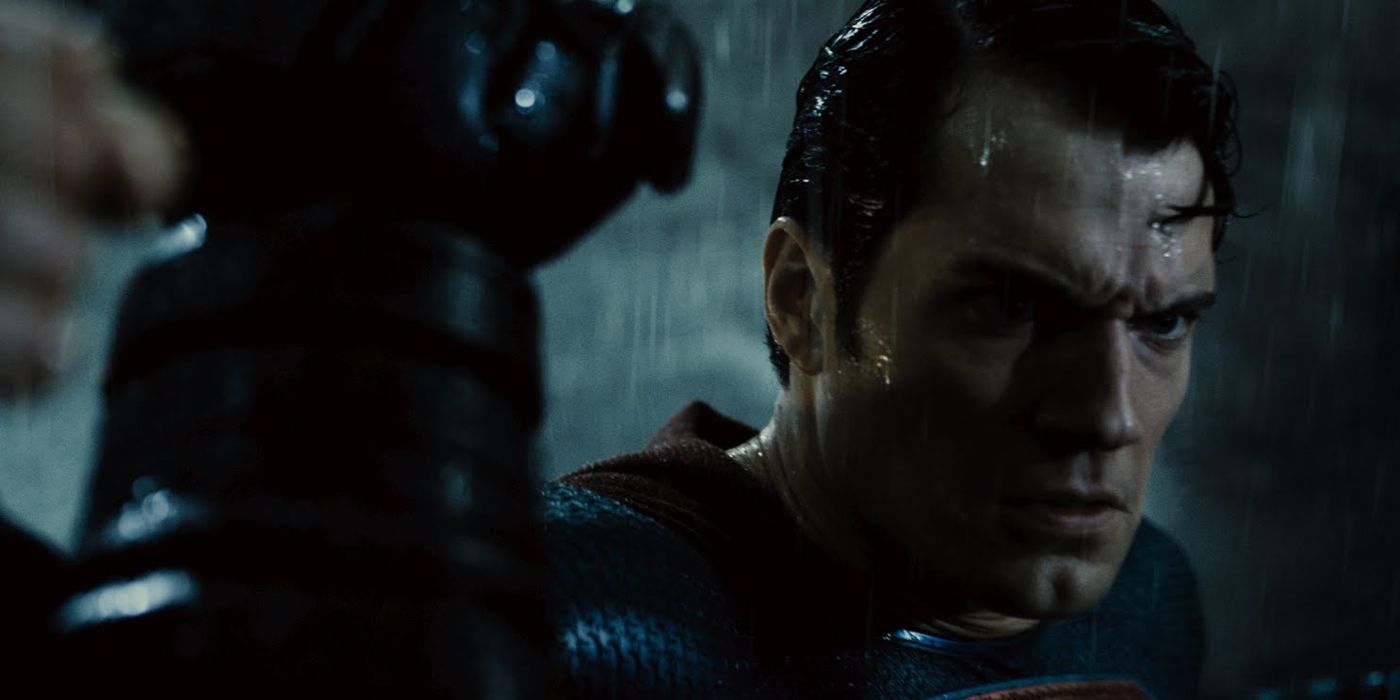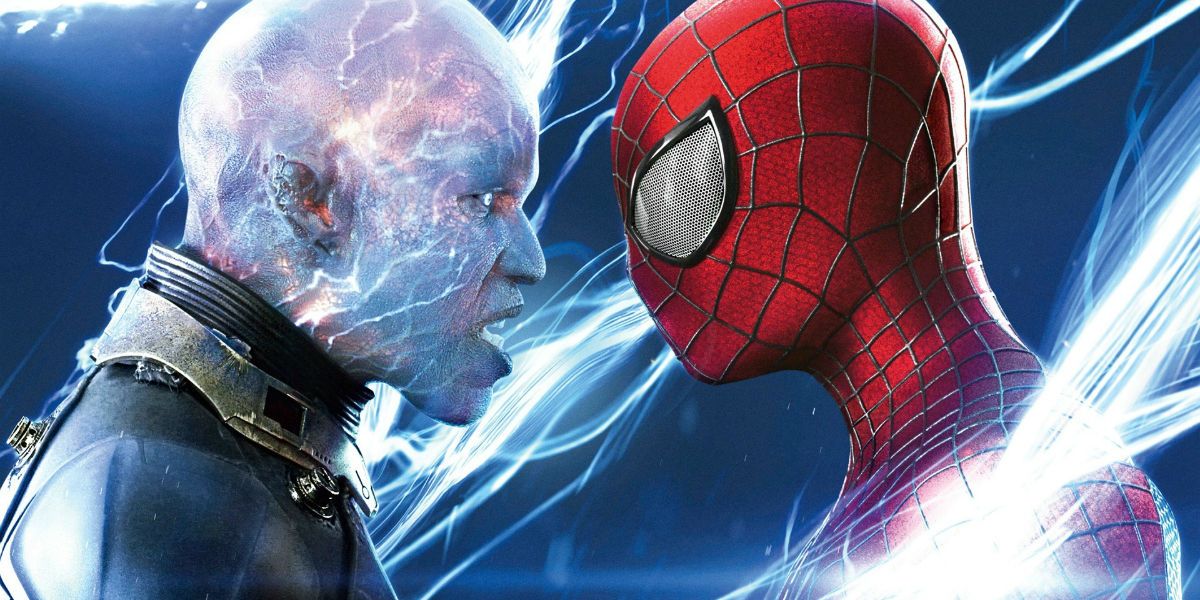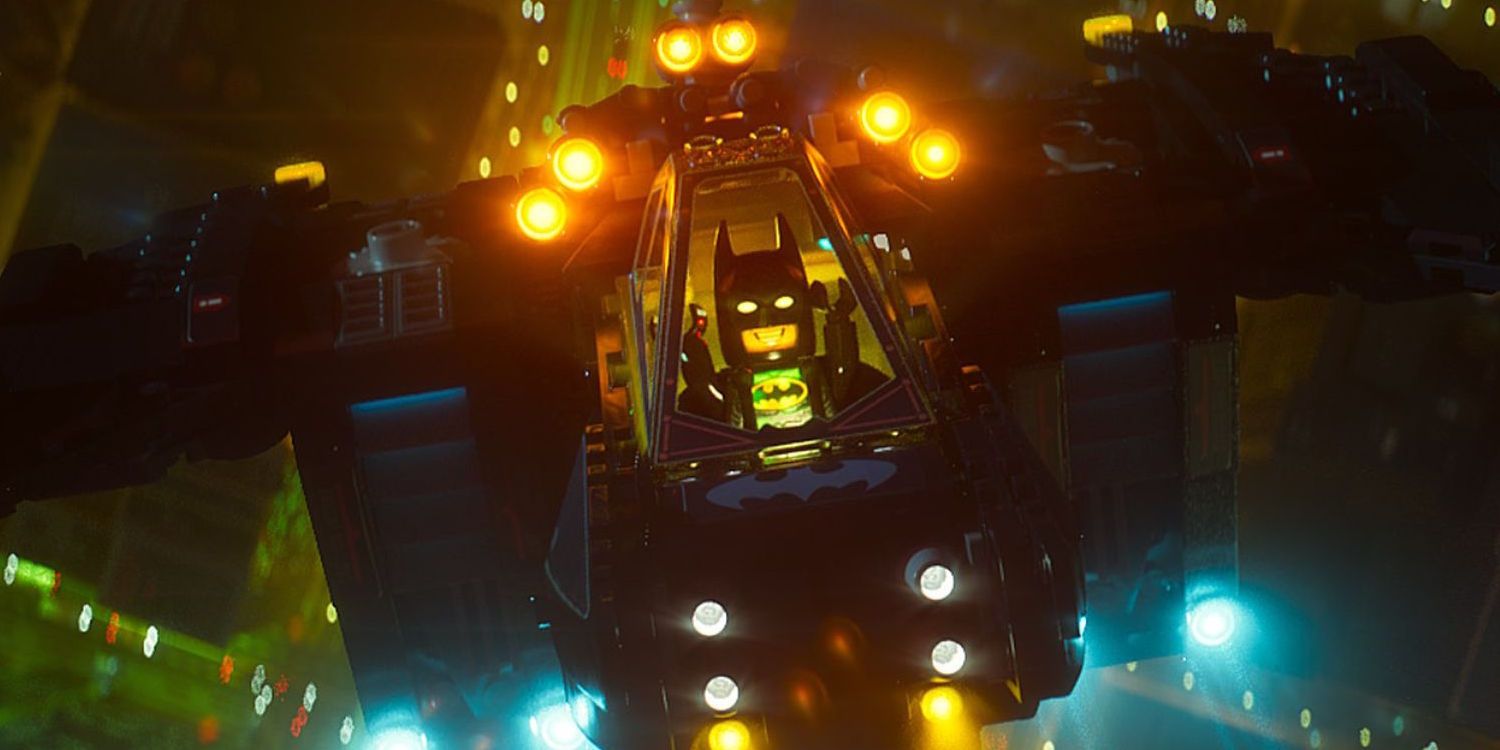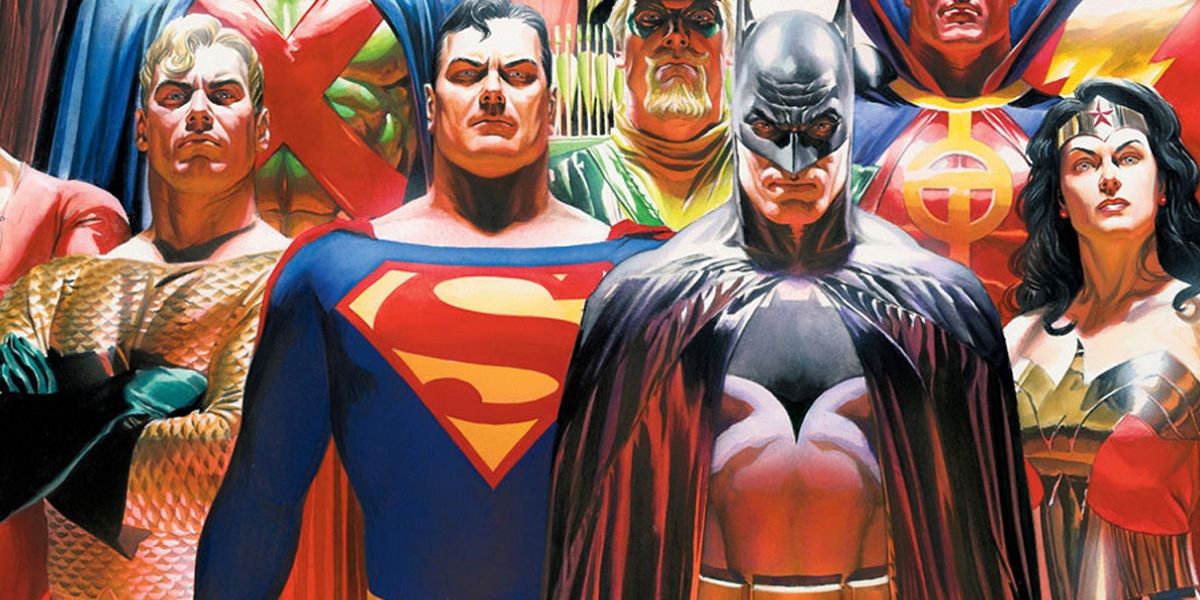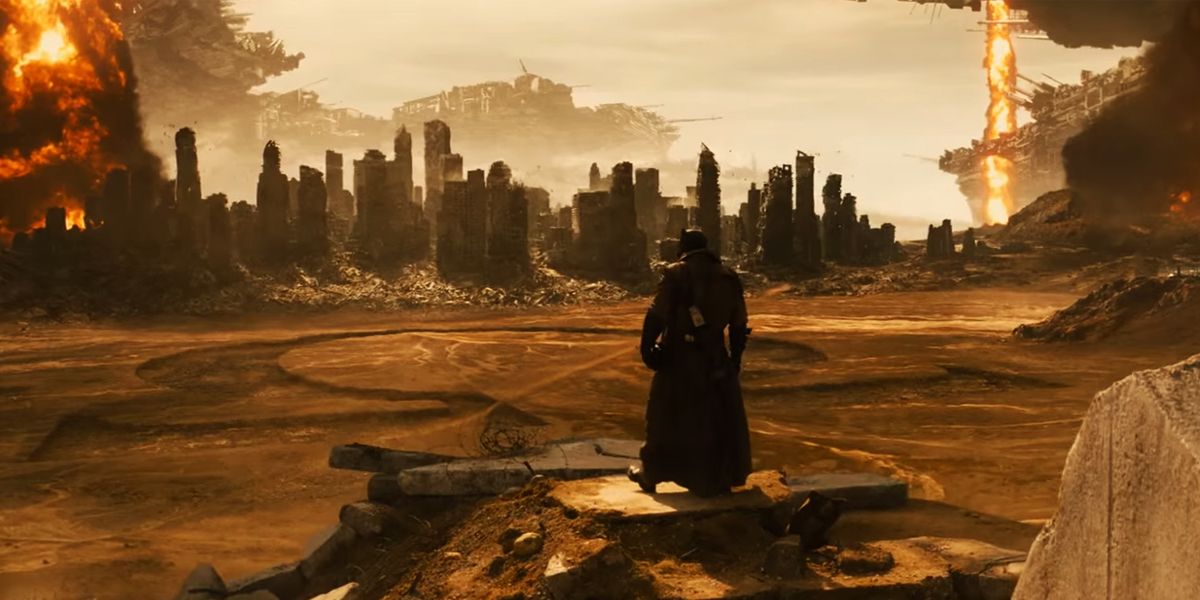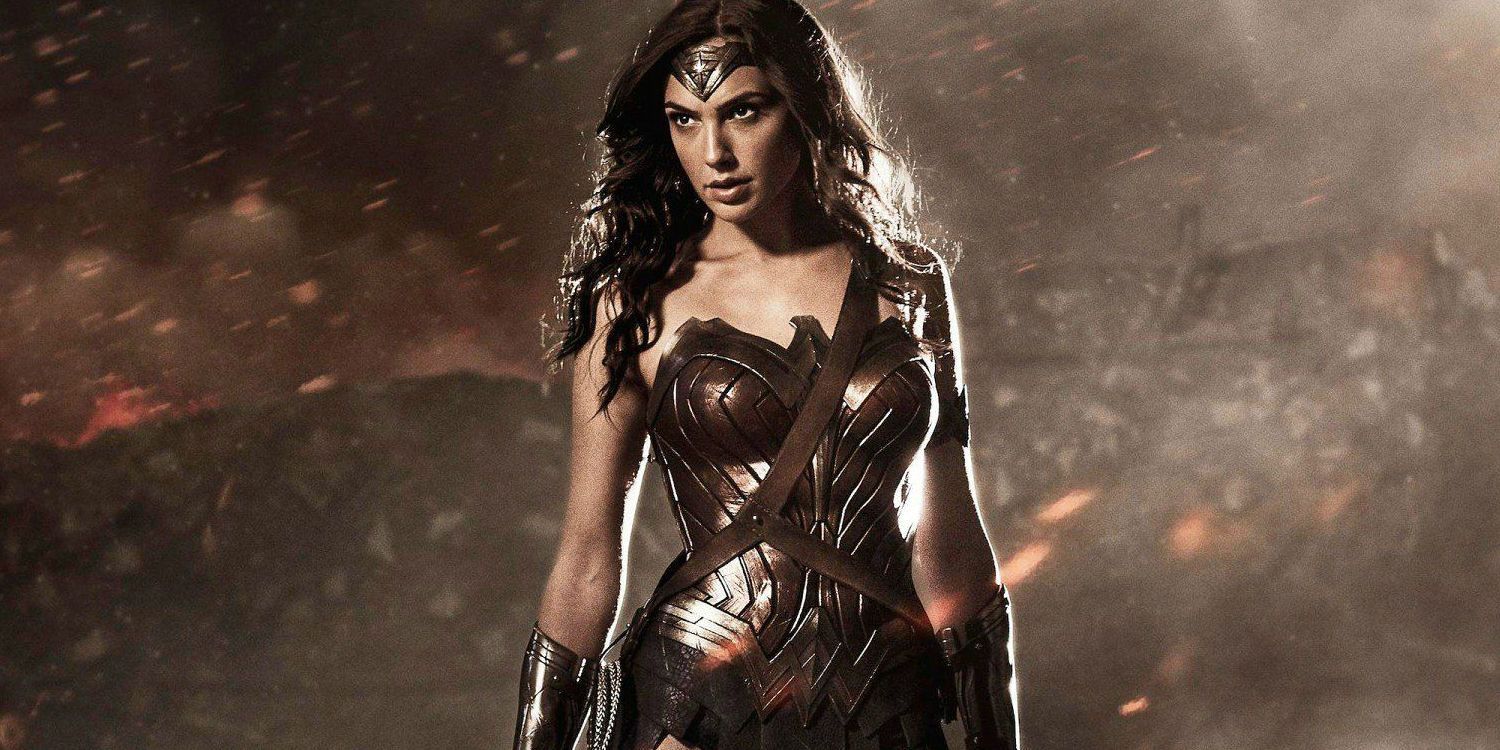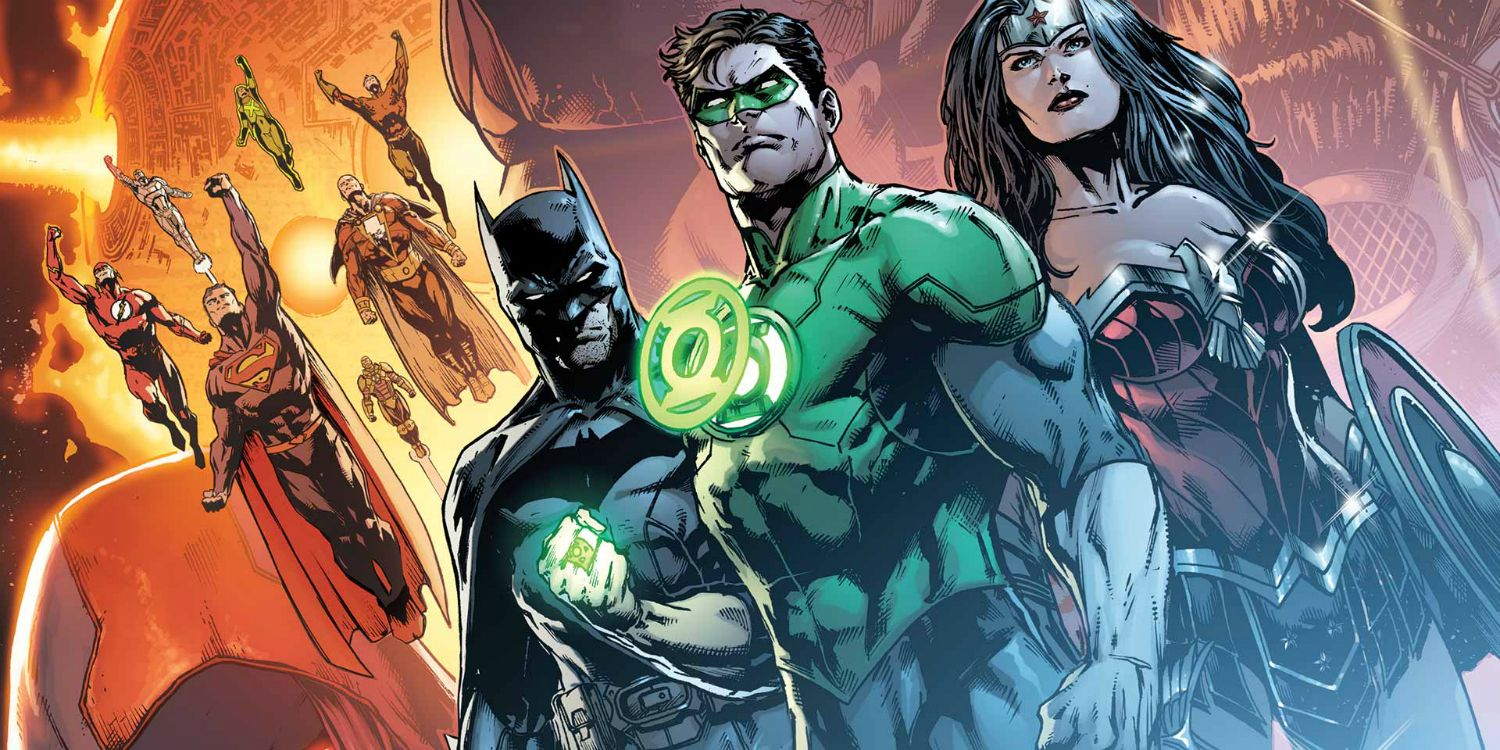It wasn't supposed to happen like this.
We live in an era where the movie industry is built almost entirely on sure things. Risks (to the degree that anything is "risky" in the world of multimillion dollar entertainment) are the province of the books, comics, TV series, true stories and (occasionally) original ideas big movies are made out of. By the time anything is at the point of getting a sizable movie where financial success is important, it's supposed to have proven itself as a brand capable of earning the necessary amount to turn a profit against its budget, spawn a succession of sequels, and likely a lot of merchandise.
Modern Hollywood has this down to a science - except when it doesn't.
Let's be clear of one thing at the outset: Batman V Superman: Dawn of Justice is not a "bomb." It's earned money, will turn a profit, and will likely be an evergreen seller on Blu-ray and streaming platforms. The fact the film is a disappointment for Warner Bros is the biggest entertainment story in the world at the moment isn't so much a judgement on the scale of the disappointment but on the rarity of such disappointments occurring. Plans as massive as the one Warner Bros built around Batman V Superman (a solid chunk of the studio's next several years of tentpoles are effectively sequels or spinoffs of this one film) simply don't go precisely this wrong, in precisely this way, anymore.
The details don't need much more hashing over at this point: The box-office? Front-loaded. The reviews? Disappointing. The drop-off? Steep. Of those three indicators, it's the drop-off that likely turned Warner Bros executives the whitest shade of pale - because it indicates bad word of mouth. And when bad word of mouth combines with box-office shortfalls and bad reviews, it creates a narrative that's difficult to shake: No matter how many genuinely satisfied fans Dawn of Justice has, the "narrative" as far as the popular culture is concerned, is that Batman V Superman is a movie that is not terribly well-liked, failed to deliver what its studio wanted, and posed a risk to the long-term plans that were meant to spin out from it.
If you need further evidence that something went wrong, you only need to look at the post-release news cycle. It's a movie largely comprised of comic-book "money shots" begging to be screencapped and turned into free memetic-marketing by fans, but instead the most talked-about image related to the film is Ben Affleck looking depressed in an interview (albeit an interview where a reporter outright questioned the cast about bad reviews). Instead of getting to slyly wink at fans ("Wait and see...") about the fairly huge cliffhanger that ends the film's story, the filmmakers have largely been asked to explain why huge chunks of the actual plot don't make any sense. Ultimately, the number one question being asked, and answered about the various DCEU spin-offs that the film teased, isn't about their plot... but about their tone. Fans of the film likely aren't turned-off by the suggestion that future DCEU films could also be dark, but when the studio is looking to expand its audience, and appeal to casual viewers as well, defending the tone of their entire universe likely feels to Warner Bros. as is they're about to offer someone another helping at dinner only to have that person ask: "It's not going to taste like that first helping, is it?"
So what happens now?
What makes this such an interesting question, at this juncture, is the entire enterprise is very much uncharted territory. The "cinematic universe" concept is still fairly new as far as the industry is concerned, so there's precious little data from which to construct a reliable blueprint. The nearest comparison would, of course, be Marvel Studios... except they've yet to see any of their projects earn a reception similar to Dawn of Justice's. Whatever else you may think of it, the feedback to Warner Bros from the Batman V Superman cultural zeitgeist is: "We were interested in this, but we may not want more of it - at least not in its current form." But the studio has already set "more of it" in motion, and machinery this big is difficult to simply turn off or change direction with.
Comparisons have been made to the way Sony spent a year telling the public and their investors that The Amazing Spider-Man 2 was going to launch a "Spider-verse" of spin-offs (its own sequels, a Venom movie, a Black Cat feature, an unspecified all-female team-up, and a Sinister Six movie) and then... didn't, once the actual film came out and underperformed. But there's an important twofold difference there: Firstly, Sony's plans were ultimately scuttled by their corporate parent's upper-management, who had bigger interests (electronics and video games) that the film division was now making life difficult for. Warner Bros, though a subsidiary of Time Warner, isn't arranged the same way: Movies are what WB makes. The buck stops with Warner Entertainment CEO Kevin Tsujihara. Secondly, part of what doomed the ASM series to begin with was that there wasn't a real plan, just movies loaded with loose-ends vague enough to be plucked out later and lead "somewhere." That is to say, while some films were in pre-production, there wasn't a full-on machine to turn off.
The DCEU, on the other hand, is already in motion. Justice League is about to begin shooting, with Dawn of Justice helmer Zack Snyder in charge. Wonder Woman has been in production for months. Movie versions of Flash, Cyborg and Aquaman have all appeared onscreen now. Scrapping key portions of the production now would be the equivalent to rearranging cars on a moving bullet train - and even if it were plausible for Warner Bros to decide to (publicly) declare a product that's still in theaters, trying to turn its own profit, and drive merchandise sales, was a mistake they no longer plan on supporting... to do so would dramatically undermine corporate profit projections.
Currently, Tsujihara's long-term business strategy is built around the DCEU, LEGO and Harry Potter franchises propping up the rest of the studio's moviemaking business. Since it is unclear whether fans will turn out for Potter the same way, now that the main series has concluded, or for LEGO (outside of the one mega-hit movie), that means the company's superhero projects are the closest thing to a reliable tentpole series the studio has (at least in the near-term). Taking the DCEU even part of the way off the table would leave Warner Bros. without much in the way of a sure thing, and investors do not like a lack of sure things. To be blunt about it: Even with negative reviews and unenthusiastic word of mouth, and as much as WB would obviously prefer a bigger hit that people were more excited about, Batman V Superman not making enough money is a better alternative to it not existing to make money at all.
What that boils down to is that fans who'd like to see the disappointment of BVS drive major changes to the planned DC Extended Universe should likely prepare themselves for further disappointment. "Big picture" upheavals currently being tossed around on social media, like Zack Snyder being dismissed from Justice League or Mad Max's George Miller being drafted to take his place (because he almost made a Justice League movie once) are not in the cards. Yes, Marvel was able to segue from Edgar Wright directing Ant-Man to Peyton Reed picking up after the longtime Ant-Man writer/director/advocate left, but that was a lower-budget film and most audiences aren't readily familiar with Edgar Wright. "Firing" a name director like Snyder from a huge project like Justice League would be an ugly trade story for months.
And while fanciful scenarios like Snyder "voluntarily" stepping down, ostensibly for some "personal" reason (perhaps with the studio agreeing to back one of his passion projects like the George Washington biopic or the remake of Ayn Rand's The Fountainhead if he doesn't make a fuss) aren't entirely outside the realm of possibility - at least in the sense that, hey, a tiny comet could also "wing" the Chrysler Building tomorrow - that still leaves the studio with a director's chair that won't be easy to fill. Blockbuster specialists with box-office records like Snyder's continue to work largely because filmmakers who can handle huge-budget FX-driven ensembles with heavy studio involvement ("Studio Note: The Movie" feels like an appropriate alternate title for Dawn of Justice as it is) don't grow on trees. Directors who can do that and would be willing/comfortable to take over a production someone else already oversaw all the way up to shooting? A very short list - and most names that will be on that list would likely turn even the biggest Zack Snyder detractor pale with horror.
Plus, to do so would fly in the face of Warner Bros' corporate culture and the history of how the studio has developed properties over the last several decades. Whatever can be said about this particular studio, it's reputation as a big-picture operation and among the more filmmaker-friendly outfits in Hollywood are well earned and unlikely to be cast aside. The original pitch for the DCEU, to differentiate itself from the Marvel Cinematic Universe, by giving name directors the relative freedom to develop their films without worrying too much about continuity or the stern guiding hand of a Kevin Feige (no such "overseer" exists for the DC properties - yet) reflects the same studio mentality that nurtures "visionary" filmmakers who also know how to play ball like Snyder (and also Peter Jackson and The Wachowskis) and treats Ben Affleck less like a frequent employee than a favorite son.
It's also a studio that has historically avoided on-the-fly decisions. Scrapping Man of Steel 2 in favor of a Batman team-up and hastily barreling into Justice League is actually considered an atypical "panic-mode" move for Warner Bros, yet the finished product is still comprised of raw materials the studio has been refining for decades. The basic story-structure (Lex Luthor tricks Batman into stealing Kryptonite and trying to kill Superman) is largely lifted from the unmade Wolfgang Petersen Batman vs. Superman movie, although there Luthor's big sci-fi scheme involved cloning The Joker (Jack Nicholson version - that is how long ago this was). The "bat-brand" plot thread? That's from Frank Miller and Darren Aronofsky's unmade Batman Year One movie, where Bruce Wayne's TW ("Thomas Wayne") signet ring leaves bruises on criminals that are mistaken for a bat-symbol, giving the Dark Knight his Bat-name. Doomsday? That ending? Warner Bros has been trying to film Death of Superman practically since it was published.
So what is likely to happen? Well, damage-control, for starters. We're already starting to see that, with Suicide Squad getting a reshoot order (what was supposed to be a wacky-afterthought to Batman V Superman could now be a movie that re-justifies the DCEU) and the makers of spin-offs, like Aquaman, telling the media that their film will be lighter in tone. Snyder will all-but certainly still direct Justice League Part 1, but it's certainly possible that someone else could be in charge of Part 2. The question of exactly how many dump trucks full of money will be required for Ben Affleck to immediately sign and fast-track his rumored written/directed/starring Batman movie is likely being taken very seriously by studio accountants; whereas, Patty Jenkins' Wonder Woman movie may make it through unscathed - given that the character was a positively-received part of Dawn (not to mention the studio knows the flack they'd catch from scuttling the only woman-centric project on the docket).
The projects that haven't necessarily gotten underway, on the other hand? There it gets tricky. These are all expensive films, and it wouldn't be a huge surprise to see Warners start making "tough decisions" about budget cuts - not to mention the possibility, one that was recently published in the trades, that Warners will actually double-down on the DCEU and, instead, invest less in lower budget passion projects. After all, none of this conversation would be happening if Batman V Superman were making the same box-office without having been so monstrously expensive to produce in the first place. It's not hard to imagine some directors bowing out of deals under those circumstances, and maybe seeing the films themselves "delayed" as well. Far-flung fan hopes like the more well-known television versions of Flash, Arrow or Supergirl being moved up to the "majors" in order to pull-in casual TV viewers? Almost certainly not - especially since Dawn of Justice already introduced their version of The Flash. As for Green Arrow and Supergirl? See the old adage about "throwing good money after bad."
The bottom line is that, no matter how many fans are hoping either for a complete overhaul of the DCEU or for it to continue exactly as previously planned and "ignore the haters," neither extreme is going to get exactly what they want. What's most likely, at this point, is a gradual but deliberate realignment, possibly couched in some level of (largely superficial) "fan-maintenance" at the producer level (installing a fan-favorite name like, say, Geoff Johns or Bruce Timm as a "consultant" on each film, making them out to be the WB/DC equivalent of a Kevin Feige (I've heard crazier ideas), and hope that audiences will continue to (mostly) come along for the ride - warming up to the DCEU as it unfolds and learns from early stumbles.
That all said, the entire studio hierarchy could implode and be rebuilt from the ground up. Probably not, but hey - it's a strange economy out there; and a few months ago nobody would've believed the world wouldn't turn out in droves to see Batman fight Superman, either.
NEXT: Superhero Fandom is Ruining the Golden Age of Comic Book Movies
Batman V Superman: Dawn of Justice is now playing in U.S. theaters. Suicide Squad will arrive on August 5, 2016, followed by Wonder Woman on June 2, 2017; Justice League Part One on November 17, 2017; The Flash on March 16, 2018; Aquaman on July 27, 2018; an untitled DC Film on October 5th, 2018; Shazam on April 5, 2019; Justice League Part Two on June 14, 2019; an untitled DC film on November 1, 2019; Cyborg on April 3, 2020; and Green Lantern Corps. on June 19, 2020.

